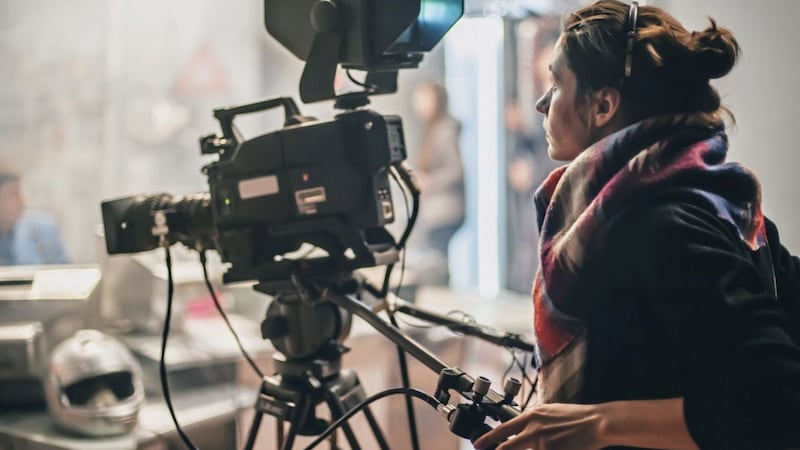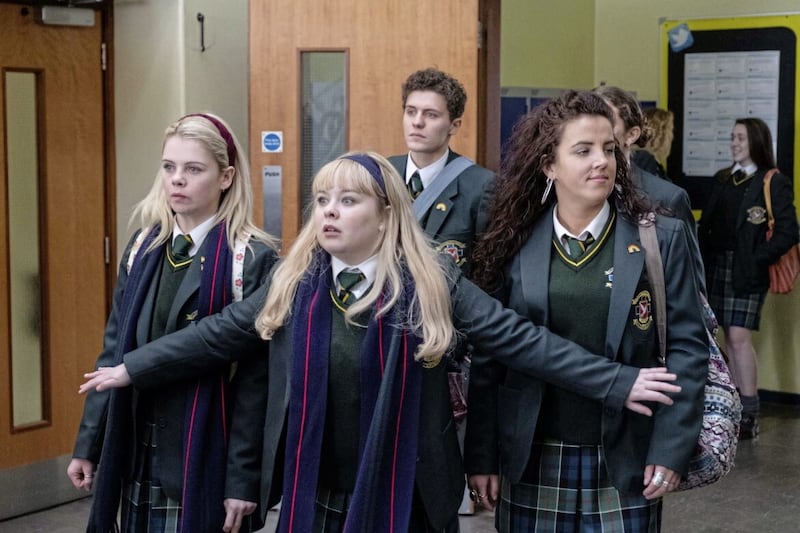IN the midst of Brexit talks, the European Parliament voted in favour of the hotly-debated Copyright in the Digital Single Market Directive, seeking to reinforce the rights of publishers and journalists online. It aims to update existing copyright laws to take account of the internet and new technology, as artists, news publishers and journalists often see their work circulating freely, with very little remuneration for it.
But there has been some negative reactions to the directive. The European Commission stated it will “protect creativity in the digital age” but an online petition against the directive has already gained more than five million signatures. There are concerns it may impact freedom of speech of content creators. Some argue that it could potentially stifle creativity as platforms may be more cautious in including copyright material and are likely to adopt additional censoring/filters.
However, sharing of snippets of articles will still be permitted. Likewise uploading protected works for quotation, criticism, review, caricature, parody or pastiche remains protected; therefore memes and gifs can continue to be shared.
Ultimately, how the directive will affect businesses will depend on how it is implemented by each member state. It will make online content sharing providers, like Facebook and Google, liable for making publicly available copyright-protected works. With providers required to obtain authorisation from the copyright owners, it is thought it will give copyright owners a better chance to secure fair licensing agreements.
Some smaller platforms (ie less than three years in existence with an annual turnover less than €10 million and less than five million average monthly unique visitors), will be subject to lighter obligations than the large, established ones.
If licences are not put in place, platforms will have to make best efforts to ensure content not authorised by copyright owners is not available on their sites. Whilst the directive does not specifically require platforms to impose additional filters or acquire additional technology, it seems likely this is something they will need to consider. It also seems likely that there will be a cost in acquiring relevant authorisations. Is this expense going to be passed down the chain to end-users or will smaller companies struggle to keep tabs on content? There is fear that the tech giants will take it in their stride, while smaller platforms won’t keep up.
With the total investment in screen and media in Northern Ireland increasing significantly, many businesses and individuals, from production companies to musicians and film-makers, will have greater online copyright protection under the new laws - an important protection for our local burgeoning creative industry. If you are unsure of how to protect your creative work at this stage, legal guidance will ensure the correct parameters and licences are in place, with the new directive potentially strengthening legal rights in future.
Fair remuneration for publishers is one of the principles in the directive, helping news publishers invest in fact-checked, professional content and ultimately benefitting readers with high-quality content. As journalists could also get a share of any copyright-related revenue obtained by their news publisher, it could also add to the sustainability of the journalism sector.
With the use of social media and online platforms growing, it is no surprise that it is increasingly more common for questions around copyright to be asked. It is an issue that is hitting the headlines more frequently, with even Donald Trump the subject of legal action from Warner Bros, as the President used music from The Dark Knight Rises in a two-minute video he posted on Twitter.
So what might it mean for us in Northern Ireland? The directive must now be approved by the EU Council, with member states then having two years to implement legislation, possibly with some imposing stricter measures than others. What will this mean if the UK leaves the EU? It could choose to implement the directive even if it was not required to do so; this remains to be seen.
:: Abbie Long, a partner in Millar McCall Wylie’s media and entertainment department, has 10 years’ experience advising clients in relation to copyright issues. She has worked with NI Screen in projects involving international studios including HBO, Disney, and Warner Brothers and also works with local producers and writers.



